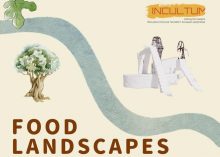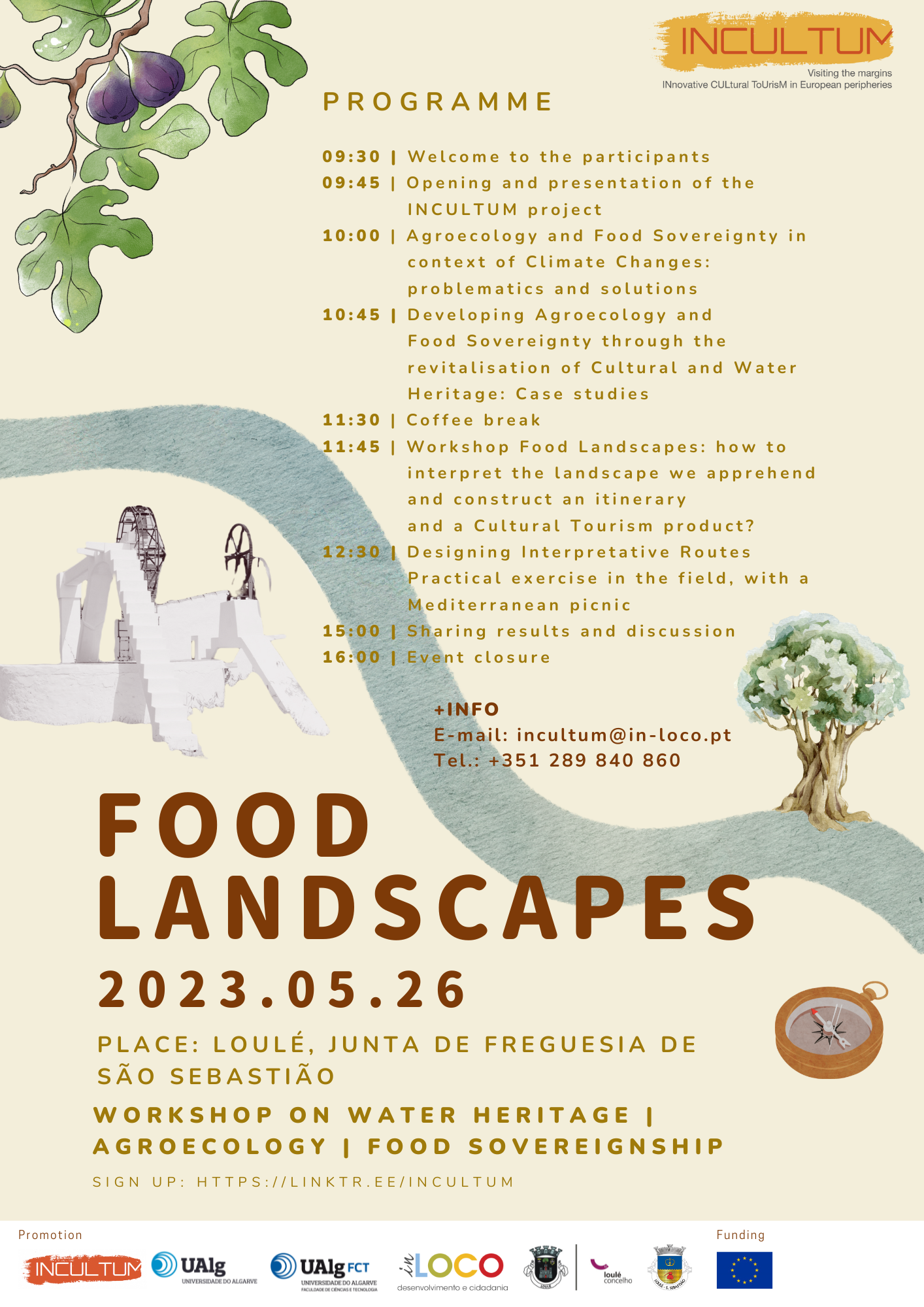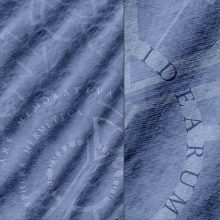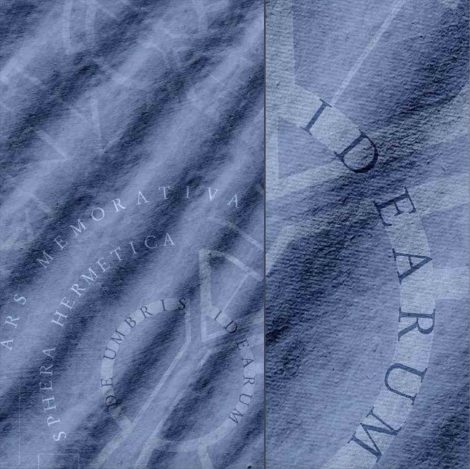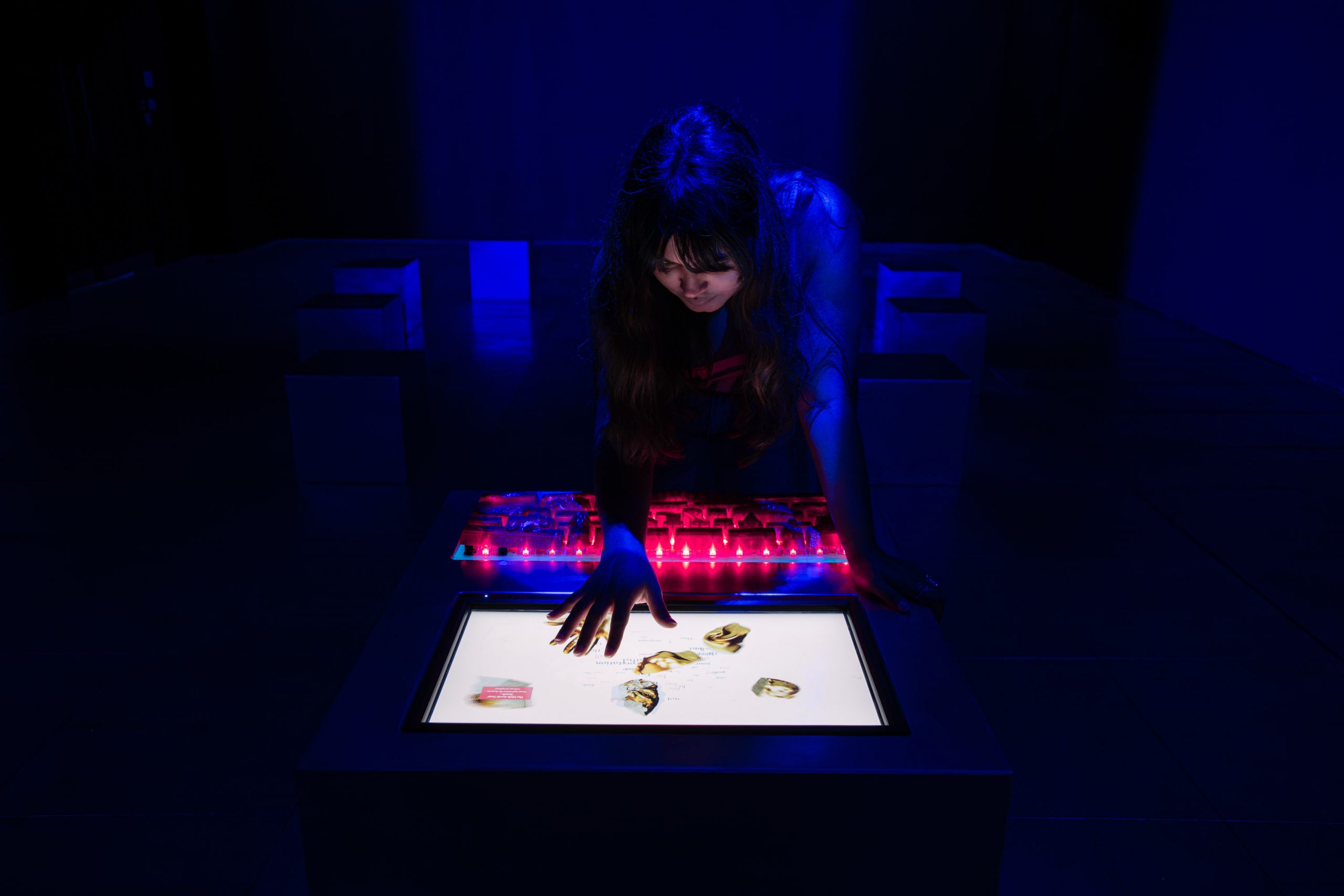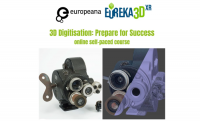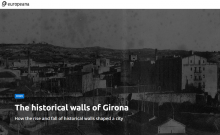The two competitions were launched simultaneously on 5 May 2023.
On behalf of the European Commission, DG GROW, we are pleased to inform you about the launch of two competitions open to cities in the EU Member States, and non-EU countries participating in the current Single Market Programme: the European Capital and European Green Pioneer of Smart Tourism 2024 competitions.
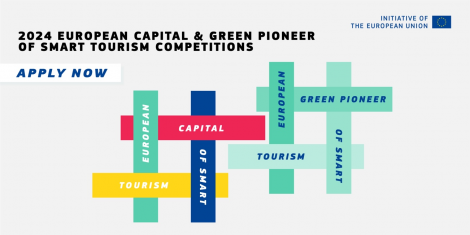
1. European Capital of Smart Tourism
The European Capital of Smart Tourism is an established EU initiative which recognises outstanding achievements by European cities as tourism destinations in four categories: sustainability, accessibility, digitalisation as well as cultural heritage and creativity. It aims to promote smart tourism in the EU, network and strengthen destinations, and facilitate the exchange of best practices. The European Commission is implementing the European Capital of Smart Tourism initiative since 2019. Currently it is financed under the SME Pillar of the Single Market Programme (SMP) and is a successor of the Preparatory Action proposed by the European Parliament. The competition is open to cities across both the EU, as well as the non-EU countries that take part in the Single Market programme, with a population of over 100,000.
2. European Green Pioneer of Smart Tourism
The European Green Pioneer of Smart Tourism is the successor of the European Destinations of Excellence (EDEN) initiative and rewards the best achievements in sustainable tourism and green transition practices in smaller destinations. The competition is founded upon the principle of promoting the development of sustainable tourism in destinations which brings value to the economy, the planet and the people. The competition is open to destinations across both the EU, as well as the non-EU countries that take part in the Single Market programme (See list), with a population between 25,000 – 100,000.
3. Online workshops to guide cities/destinations interested in both competitions
At this occasion, we cordially invite cities to attend two online workshops guiding applicants through the process of writing a successful application for the European Capital and Green Pioneer of Smart Tourism 2024 competitions.
- European Capital of Smart Tourism: Applicant workshop on 1 JuneThe online workshop will take place on 1 June 2023, at 14:00 – 15:00 CET.To attend the workshop please register here.
- European Green Pioneer of Smart Tourism: Applicant workshop on 5 JuneThe online workshop will take place on 5 June 2023, at 14:00 – 15:00 CET. To attend the workshop please register here.
Find here more information about “How to nail your application in 7 steps”, or listen to the dedicated EU Smart Tourism podcast episode.
To compete for the European Capital or Green Pioneer of Smart Tourism 2024 title, apply online by 5 July 2023, at 17:00 CET. We invite you to read more about the initiative and find out how to apply on: https://smarttourismcapital.eu/.
Should you have any questions, please feel free to contact the initiative secretariat: info@smarttourismcapital.eu.




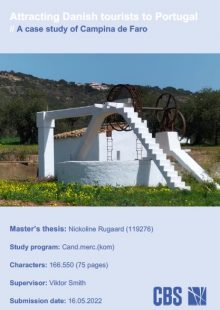
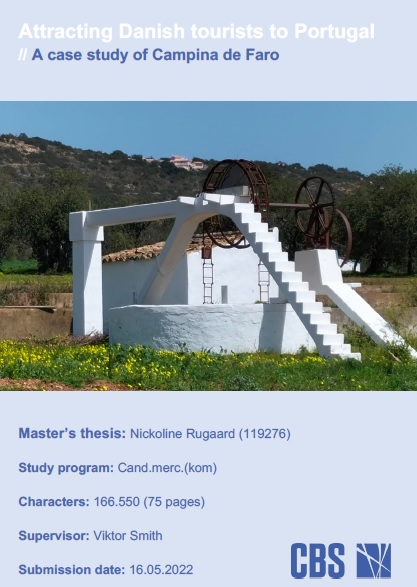


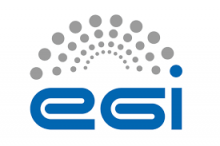 EGI is the federation of computing and storage resource providers united by a mission of delivering advanced computing and data analytics services for research and innovation., and is one of the technical partners in EUreka3D, with the task of developing a data hub and new services dedicated to cultural heritage institutions, to support digital collections management and sharing.
EGI is the federation of computing and storage resource providers united by a mission of delivering advanced computing and data analytics services for research and innovation., and is one of the technical partners in EUreka3D, with the task of developing a data hub and new services dedicated to cultural heritage institutions, to support digital collections management and sharing.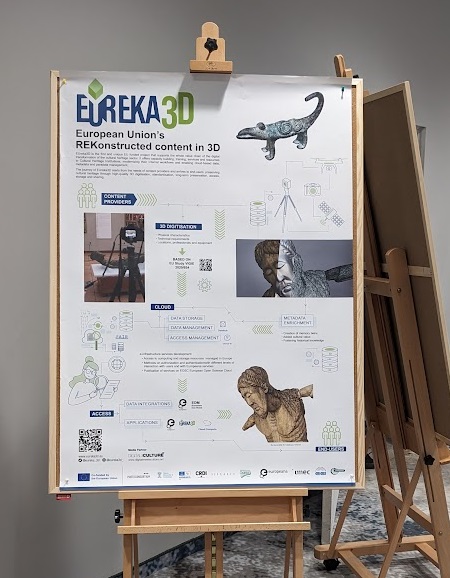 On the occasion of the EGI conference, the first version of the EUreka3D DataHub will be presented in a poster and informative flyers are also distributed to the audience.
On the occasion of the EGI conference, the first version of the EUreka3D DataHub will be presented in a poster and informative flyers are also distributed to the audience.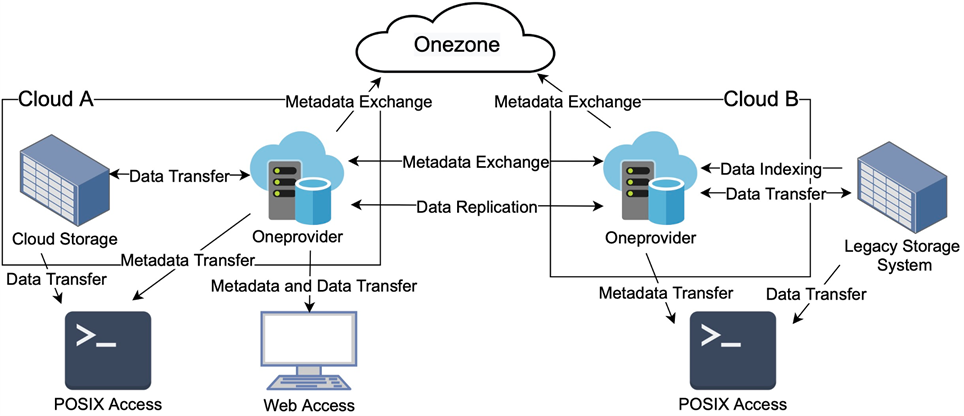
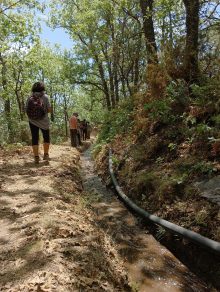
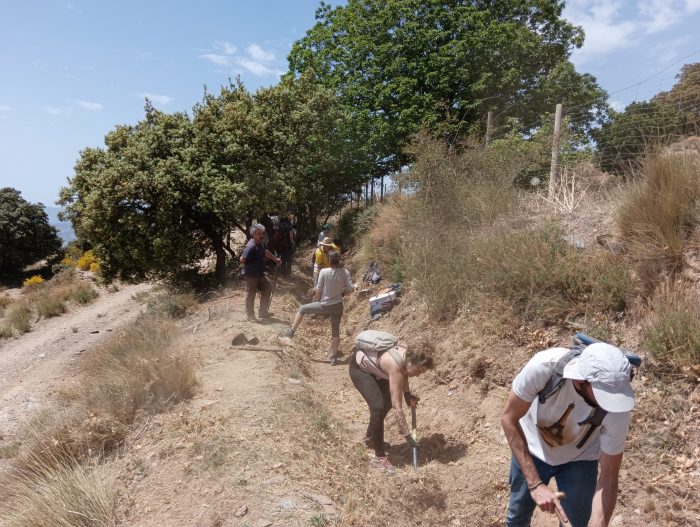
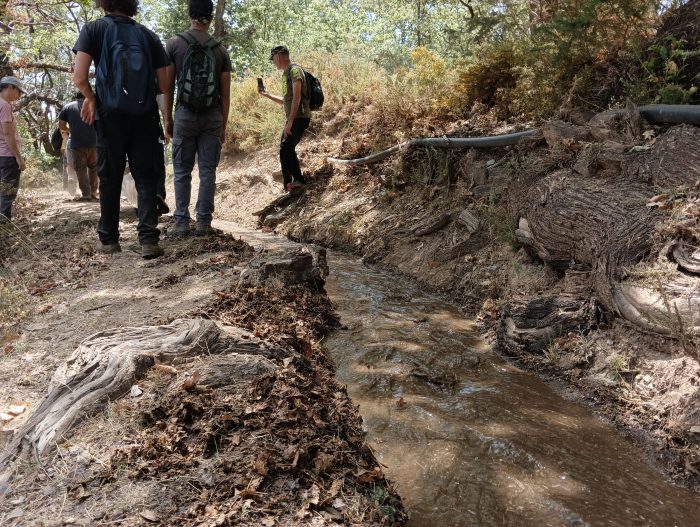
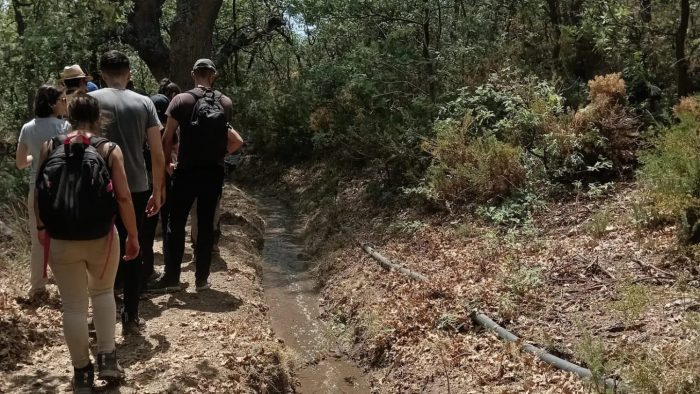
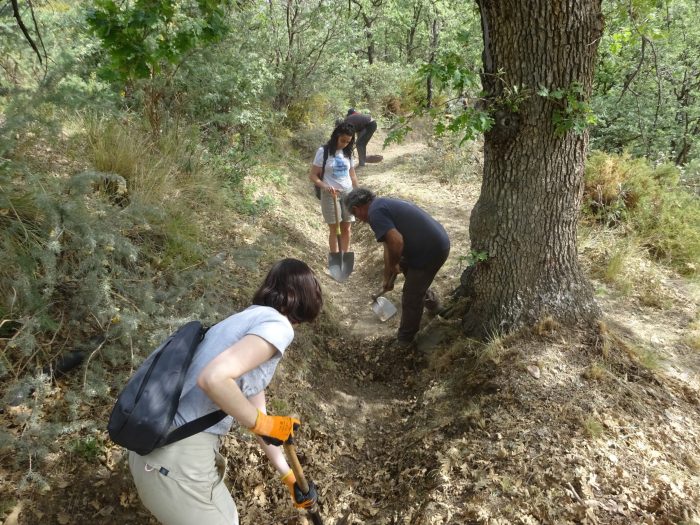
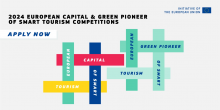

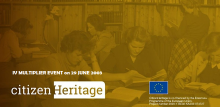
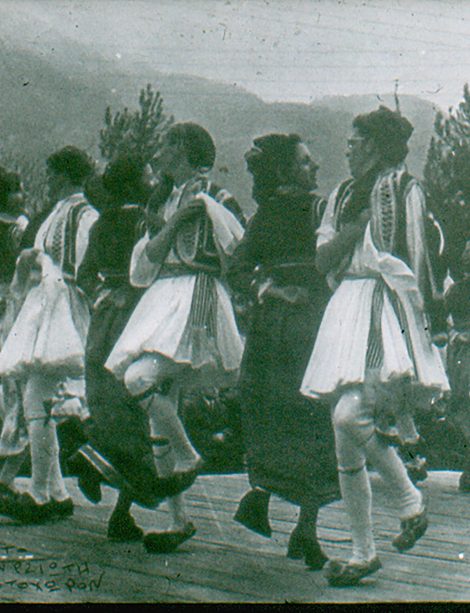
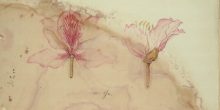
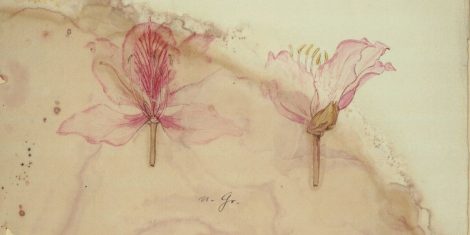
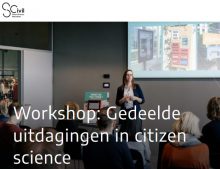
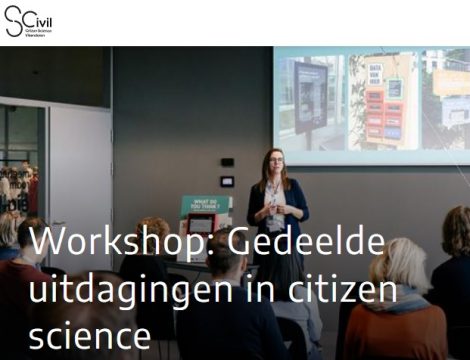 There are many unique challenges involved in setting up citizen science. Scivil, a Flemish knowledge center for citizen science that promotes citizen science projects in Flanders and beyond, is organizing a workshop on 31/5/2023 with three parallel tracks to discuss these challenges and come up with possible solutions together.
There are many unique challenges involved in setting up citizen science. Scivil, a Flemish knowledge center for citizen science that promotes citizen science projects in Flanders and beyond, is organizing a workshop on 31/5/2023 with three parallel tracks to discuss these challenges and come up with possible solutions together.